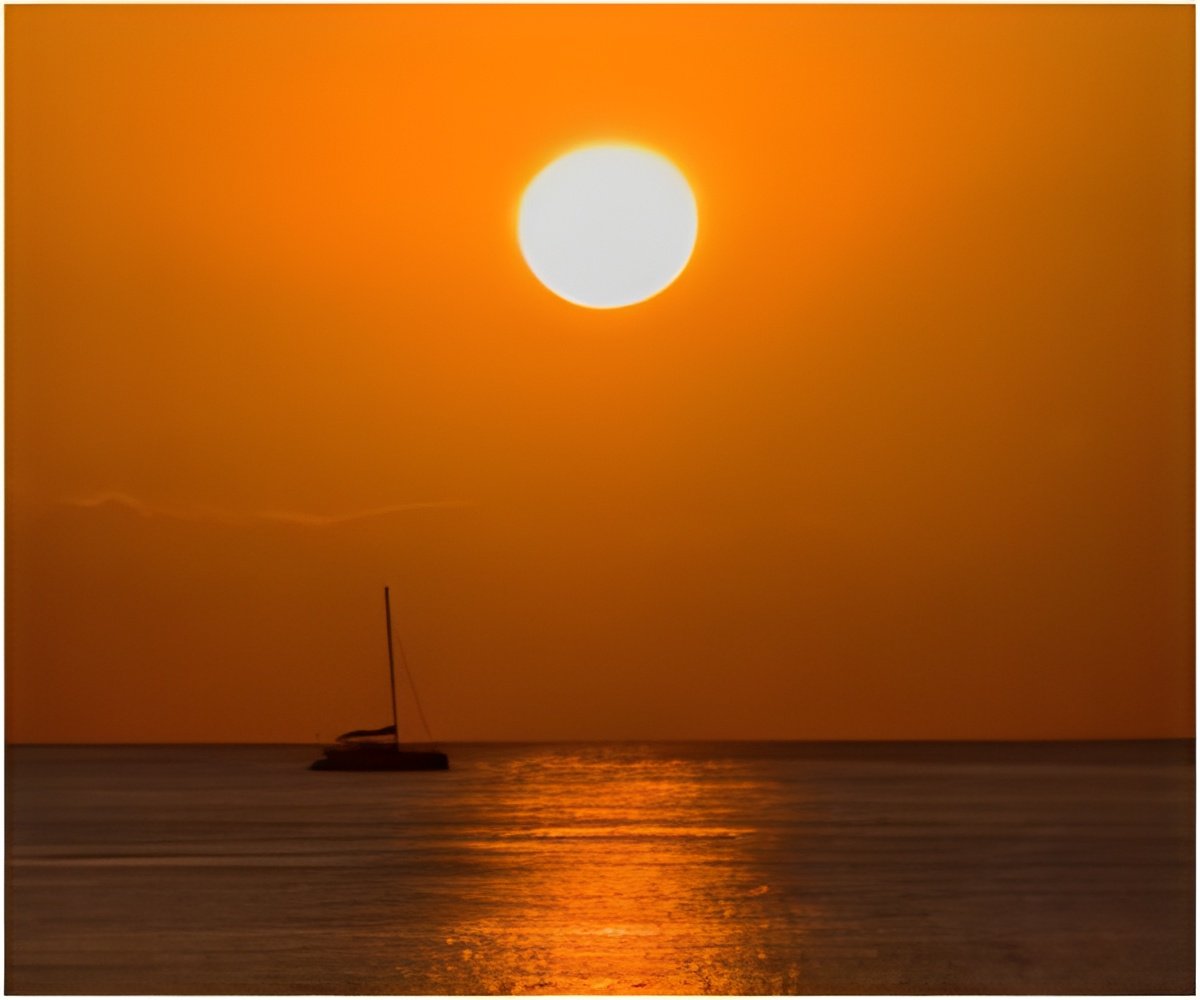The first sibling of the sun - a star that was born from the same cloud of gas and dust as the sun is now discovered by a team of researchers

Ramirez said that there is a chance "small, but not zero," that these solar sibling stars could host planets that harbor life. In their earliest days within their birth cluster, he explains, collisions could have knocked chunks off of planets, and these fragments could have travelled between solar systems, and perhaps even may have been responsible for bringing primitive life to Earth.
Or, fragments from Earth could have transported life to planets orbiting solar siblings.
The solar sibling his team identified is a star called HD 162826, a star 15 percent more massive than the Sun, located 110 light-years away in the constellation Hercules.
The team identified HD 162826 as the Sun's sibling by following up on 30 possible candidates found by several groups around the world looking for solar siblings. Ramirez' team studied 23 of these stars in depth with the Harlan J. Smith Telescope at McDonald Observatory, and the remaining stars (visible only from the southern hemisphere) with the Clay Magellan Telescope at Las Campanas Observatory in Chile. All of these observations used high-resolution spectroscopy to get a deep understanding of the stars' chemical make-up.
The work has been published in the Astrophysical Journal
 MEDINDIA
MEDINDIA



 Email
Email




